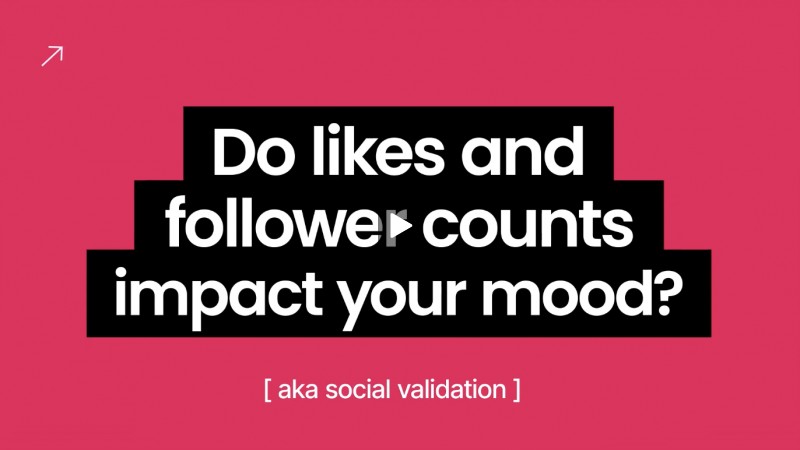Robocalls. What Is Being Done to Stop Them?
- Details
- Written by The FoolProof Team
- Category: Articles

Robocalls. We've all received them. Any call with a recorded or artificial voice message is a robocall. While some of these calls are legitimate, many, perhaps most, are not.
Scammers use robocalls because it is cheap and easy to make them from anywhere in the world using the internet.
Legitimate calls require written consent (on paper or electronically) from you. Exceptions include calls conducting market research or polling, calls asking for charitable contributions, informational messages, and emergency calls regarding danger to life or safety
Scammers use robocalls because it is cheap and easy to make them from anywhere in the world using the internet. Many of the scammers use caller ID spoofing to disguise their identity. The scammers falsify the information sent to a caller ID display.
The Federal Communications Commission (FCC) has been taking steps to fight scam robocalls and caller ID spoofing. The implementation of caller ID authentication should reduce the number of scam robocalls that reach your phone.
This technology, called STIR/SHAKEN*, requires that when a call is placed it is "signed" as legitimate by the originating phone company and validated by other phone companies before it reaches the phone being called. The first step was for all phone companies to register their efforts in a public database by June 30, 2021.
Starting September 28, phone companies must refuse calls from phone companies that haven't registered.
*STIR/SHAKEN stands for Secure Telephone Identity Revisited/Signature-based Handling of Asserted Information Using toKENs
Don't expect Caller ID authentication to stop all scam robocalls. It takes effort on everyone's part, too. Here are some steps you can take.
Take advantage of the tools provided by your service provider such as verification labeling or indications that it's spam or a robocaller. This page from the FCC lists call blocking and labeling resources for various phone companies.
Keep your contact list up to date. Blocking technology may utilize your contact or "white" list.
Don't answer a call if you don't recognize the number. Let it go to voice mail. If you answer it, hang up immediately. Don't press the specified number to speak to a live person or any other number to stop the calls. Responding may lead to more robocalls.
Register your phone number on the Do Not Call list. This won't stop the scam calls, but it will reduce the calls from legitimate live telemarketers. (Telemarketing robocalls have been illegal since September 2009.)
For further tips and more information about stopping robocalls, check out this FCC section.


































